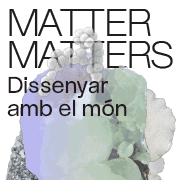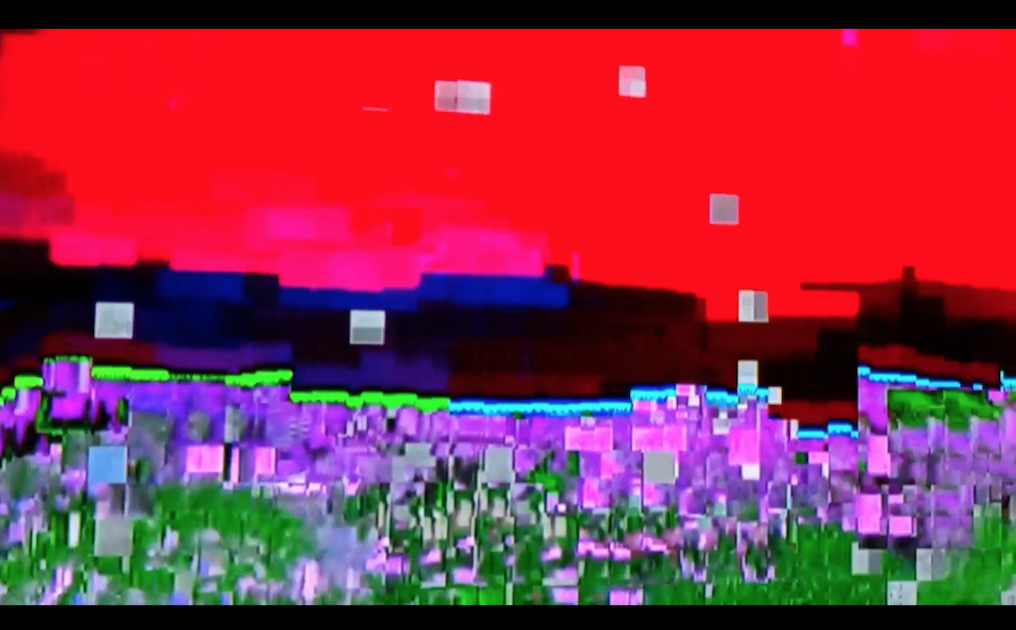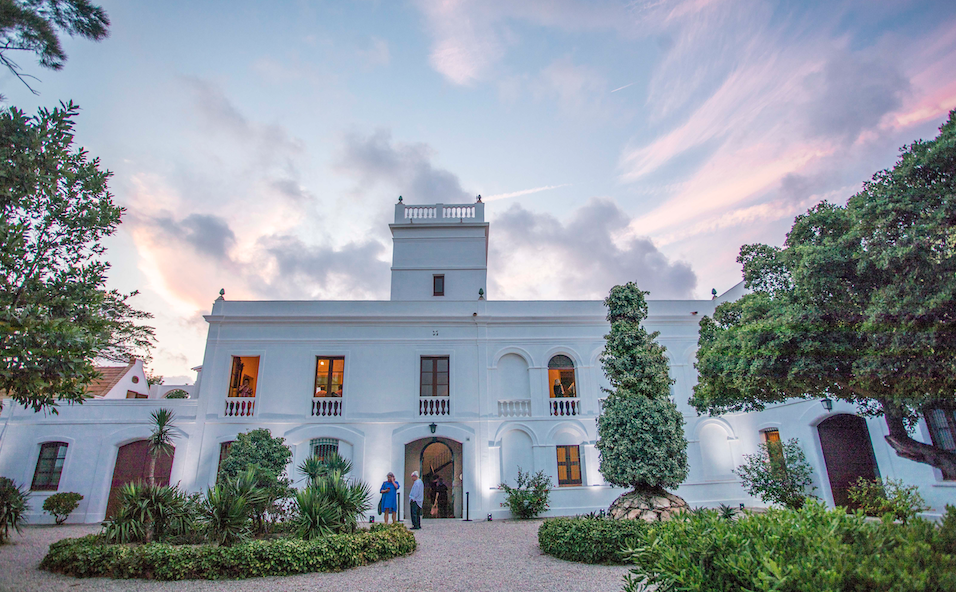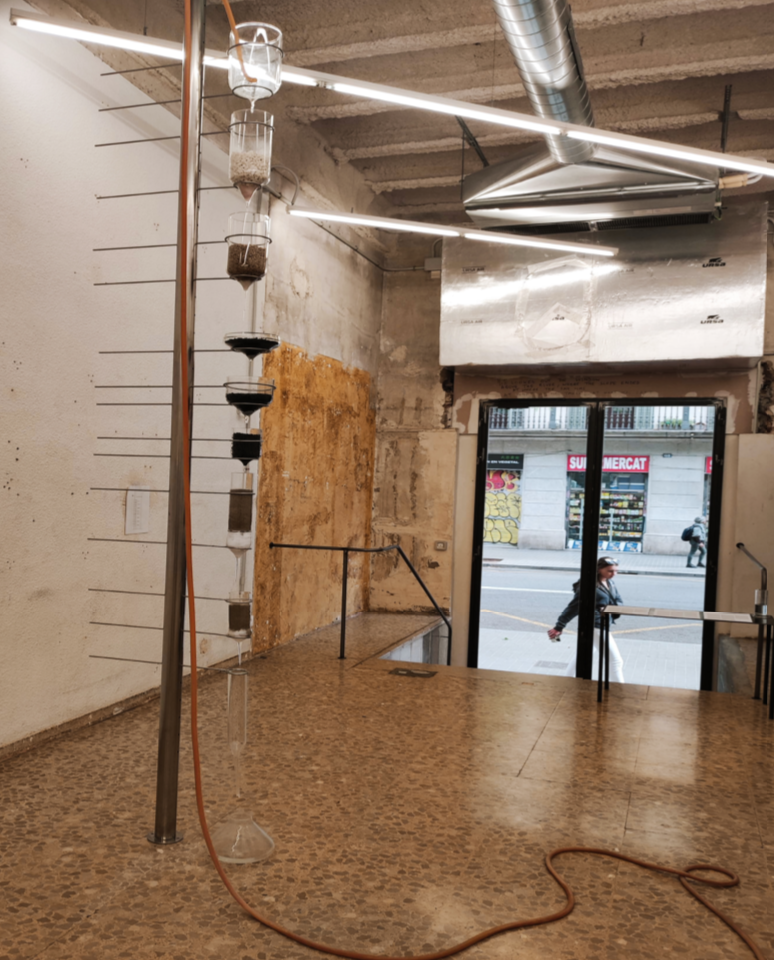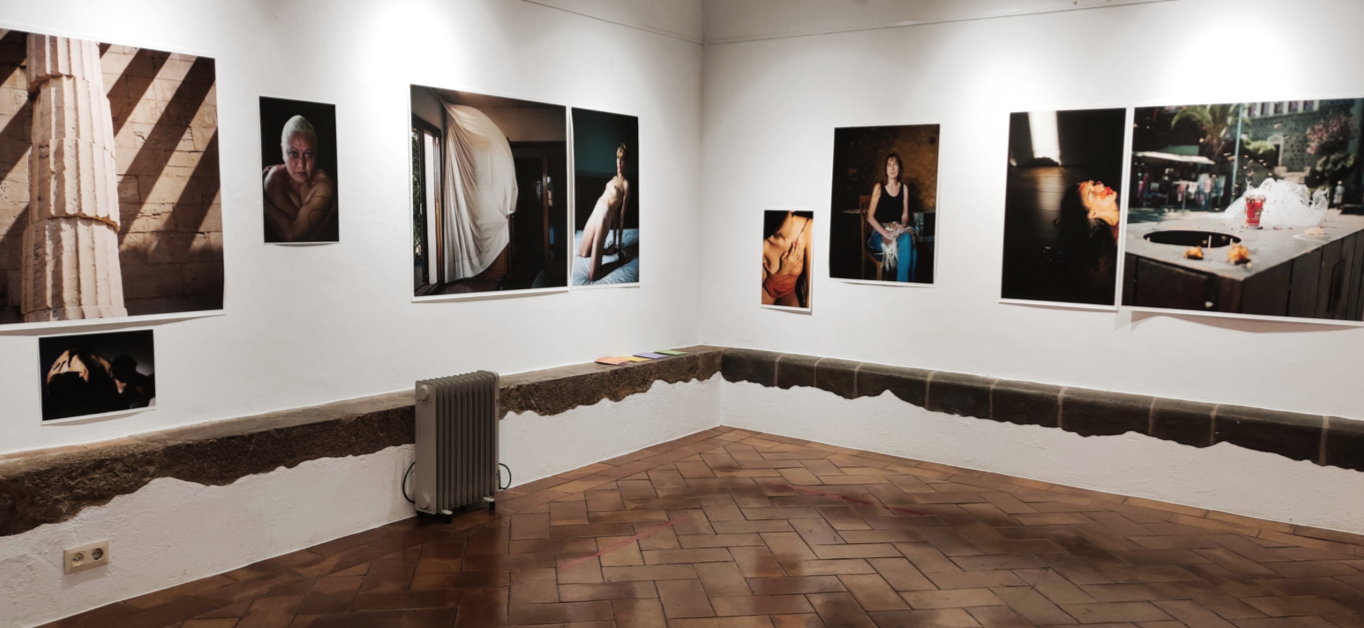library
Gallerism in Barcelona, a state of affairs
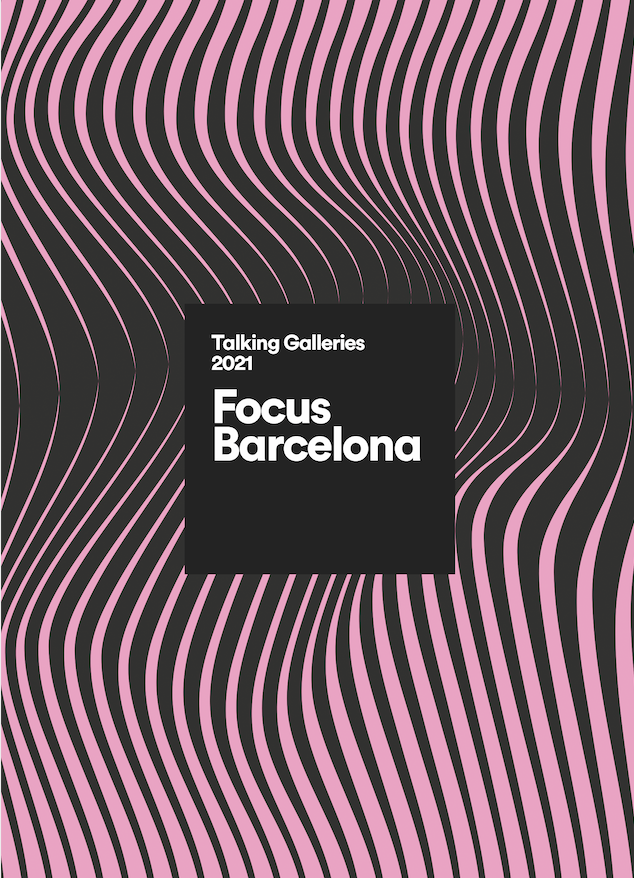
The pandemic put on the table the need to rethink the dynamics of the art market. From Talking Galleries, the think tank that analyzes and debates the practices of art galleries, we wanted to promote a space to reflect in depth on the ways in which this entire sector operates.
At the end of 2021, in a still pandemic context, we organized a special program of five panel discussions. Conceived as work sessions, the intention was to analyze the present and the future of gallerism at the local level. Focus Barcelona brought together around forty representative professionals from the sector, including gallerists, collectors, curators, directors of museums and art fairs. With gallerism as the backbone, the sessions revolved around five major themes, which we considered strategic to detect in what way the galleries, but also the rest of the art ecosystem in our home, must evolve over the next few years.
The first session dealt with the internationalization of Catalan art. The debate focused on the strategies needed to develop an international market, highlighting, among others, the importance of promoting cultural diplomacy with international museums, the need for collaboration between Catalan and foreign galleries and the support for galleries to be present at international fairs, as an alternative to the loss of a strong local market.
The second session focused on the analysis of the fairs and other artistic events in Barcelona, a topic that raised the debate about which city model we want: a relevant cultural and scientific capital or one that gives priority to the economy for above all? It was found that the lack of a large fair favored the proliferation of other specialized ones, such as LOOP, Swab and ArtsLibris.
The "Galleries and city" session analyzed the current map of galleries in Barcelona and how they interact with each other. There was talk of the disintegration of the core of galleries on Carrer Consell de Cent, and no other core as powerful has yet been generated. A reconcentration of galleries would not be enough if it was not accompanied by powerful and effective speakers to explain the galleries and their activity.
Another session focused on the links between galleries and museums, to deepen the relationship, complex but also essential, between institutions and the market. Galleries claimed more prominence in public cultural policy, which must consider them alongside museums.
To close the cycle, the last session dealt with private collecting and patronage in Catalonia. This conversation, despite the lamentation - which hovered in all the sessions - for a local collecting that seems to be languishing and for the lack of a patronage law, wanted to be proactive, putting together the main challenges for the future to strengthen the reactivation of this sector.
As a result of these meetings, we edited a publication that is available on the website Talkinggalleries.com and that collects the full interventions of each session. We believe that in this way a corpus is fixed, an x-ray that allows us to understand much better the moment our sector is living in and the challenges we face as a collective.



